Set at the confluence of the Indian and Atlantic oceans and backed by the iconic Table Mountain, the bustling city of Cape Town presents an alluring combination of drawcards. Incredible powdery white beaches, highly acclaimed wine routes, and astonishingly beautiful mountain trails surround a cosmopolitan hub. This diverse metropolis is filled with superb shops and restaurants, extraordinary heritage monuments, a multitude of entertainment venues, and a spectacular, chic waterfront harbour. Highlights include the Zeitz Museum of Contemporary African Art; Table Mountain's jaw-dropping views; Boulders Beach, where penguins might swim right up to you in the warm Indian ocean waters; the Kirstenbosch Botanical Gardens, where you can walk along a treetop canopy among incredible native flora or watch an open-air concert at the base of the mountain; Robben Island, where visitors can see the cell where Nelson Mandela was imprisoned for 18 years; and many more.
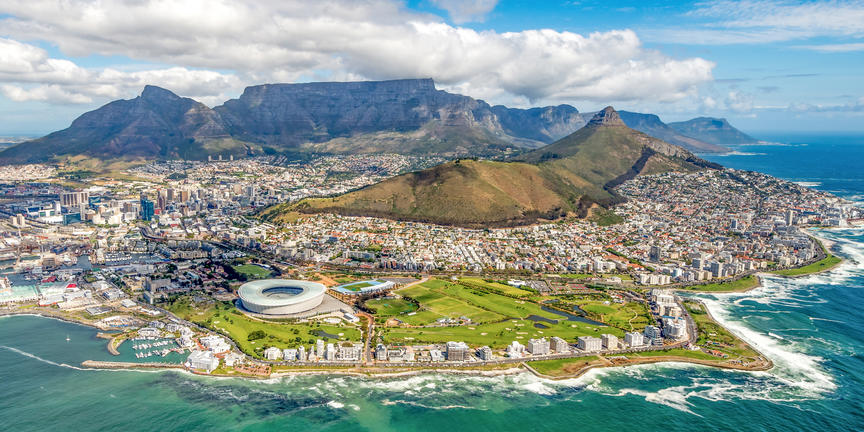
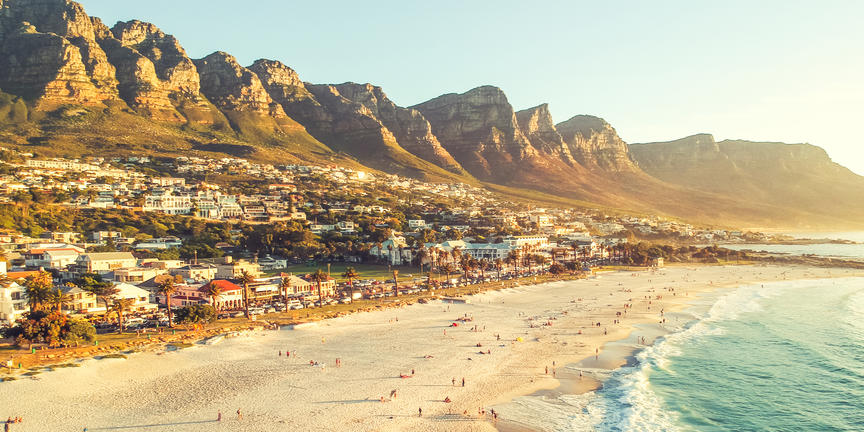
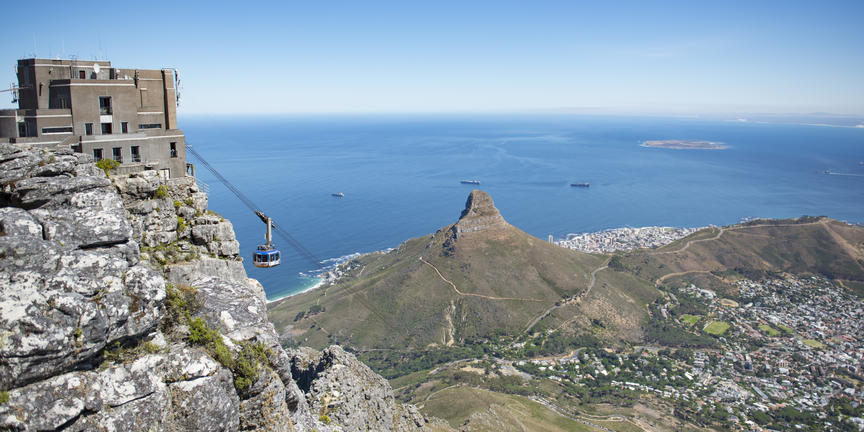
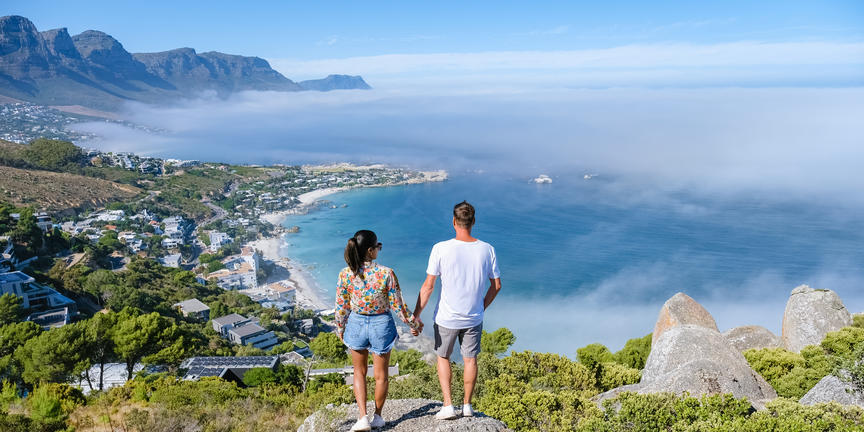
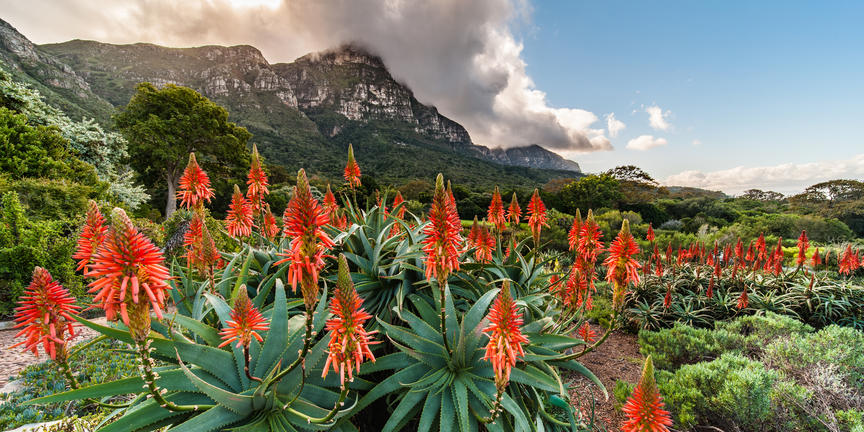
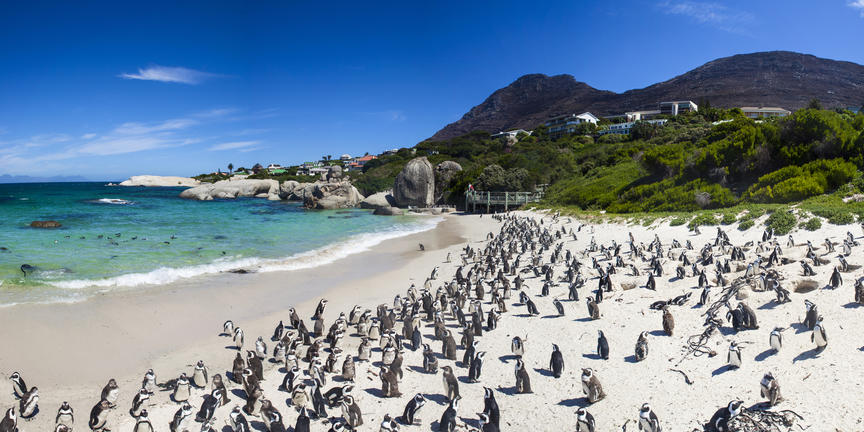
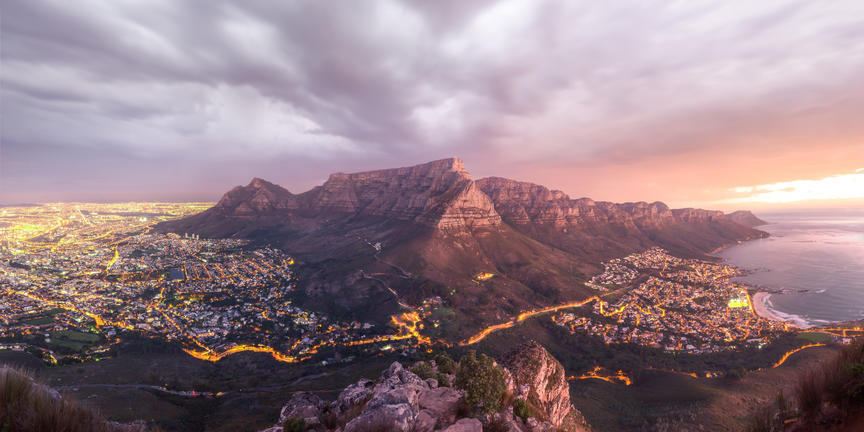
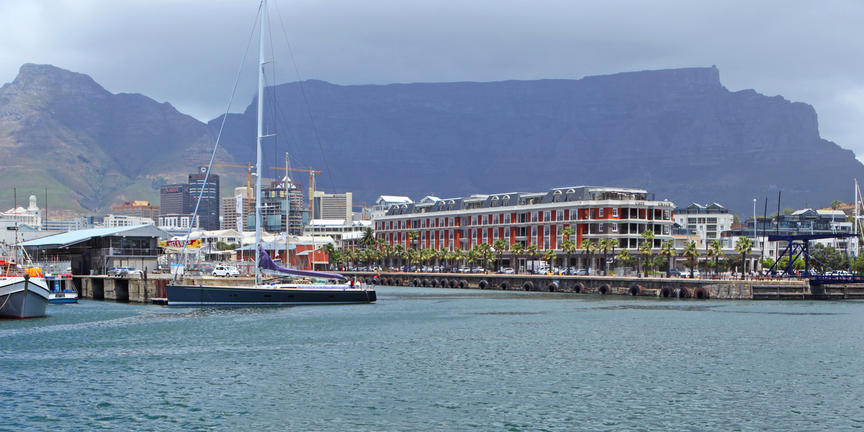
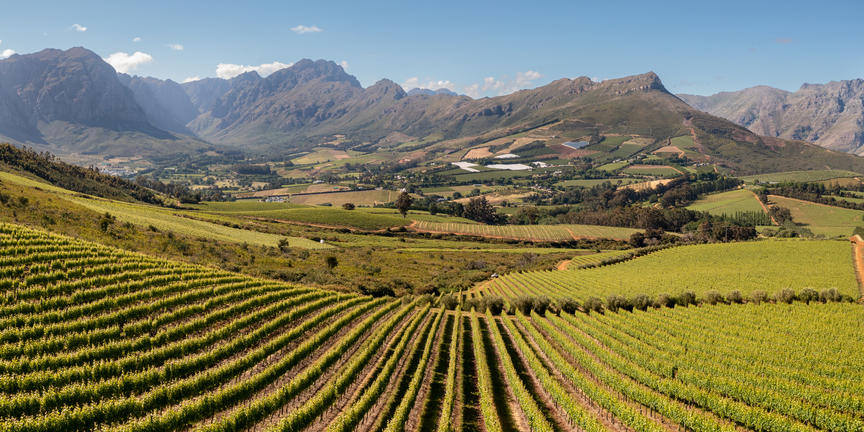
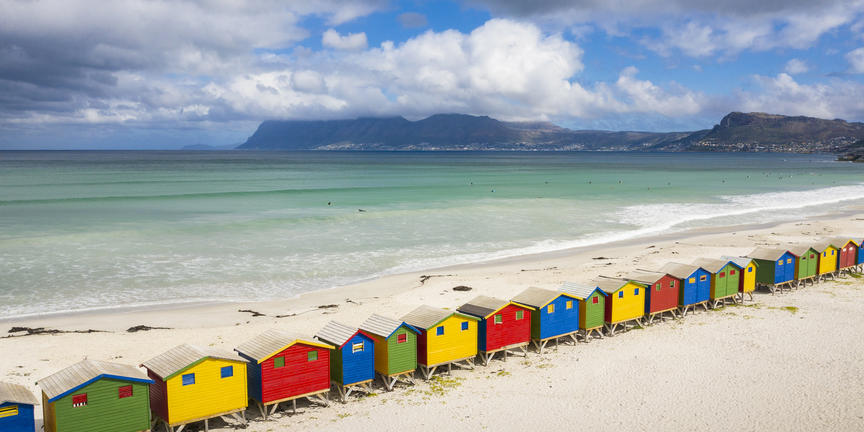
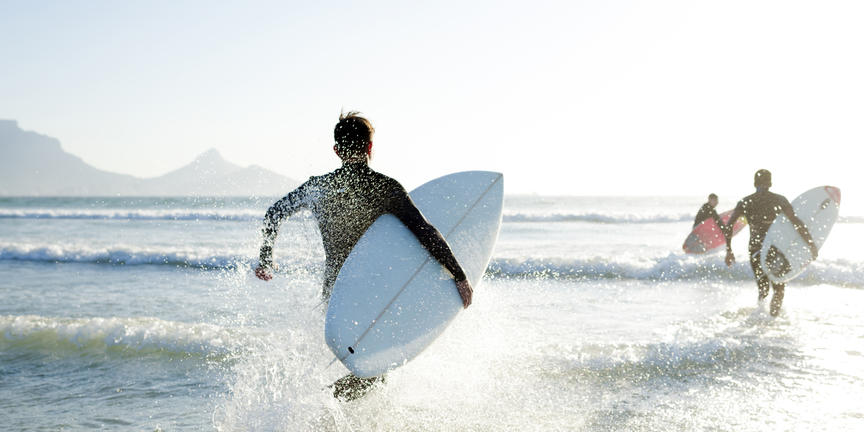
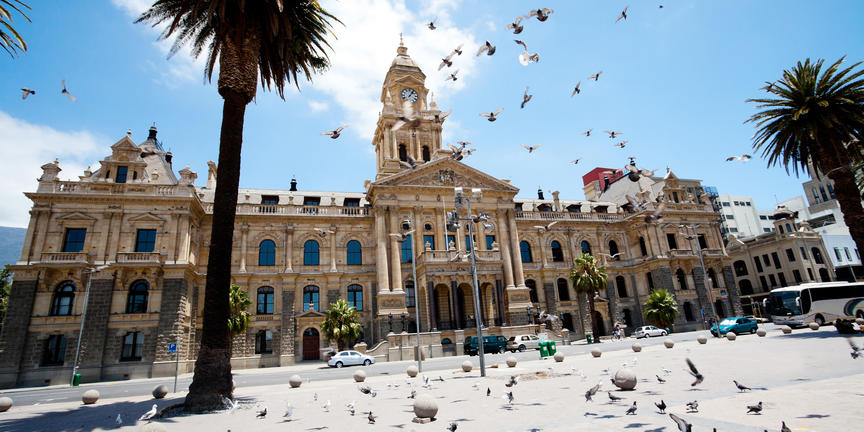
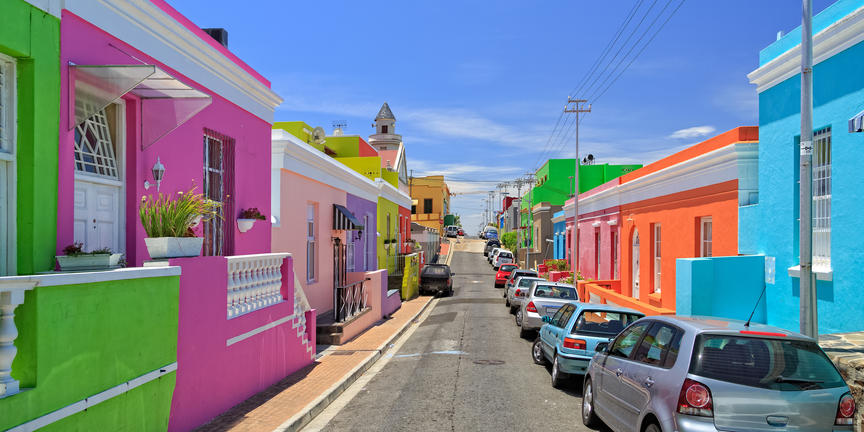
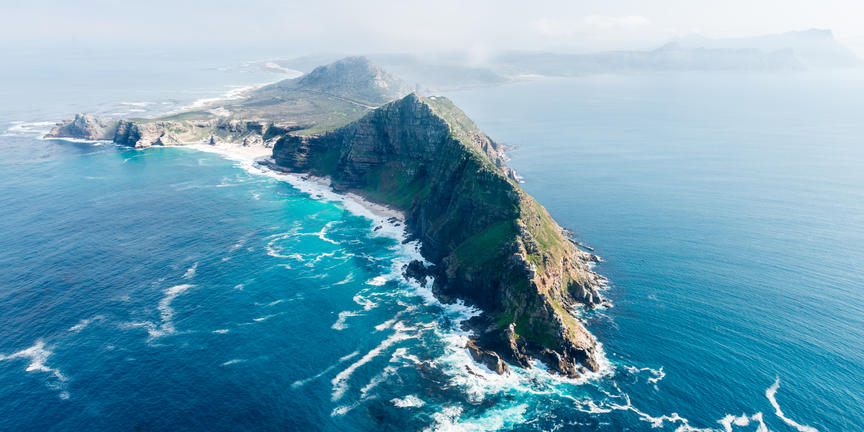
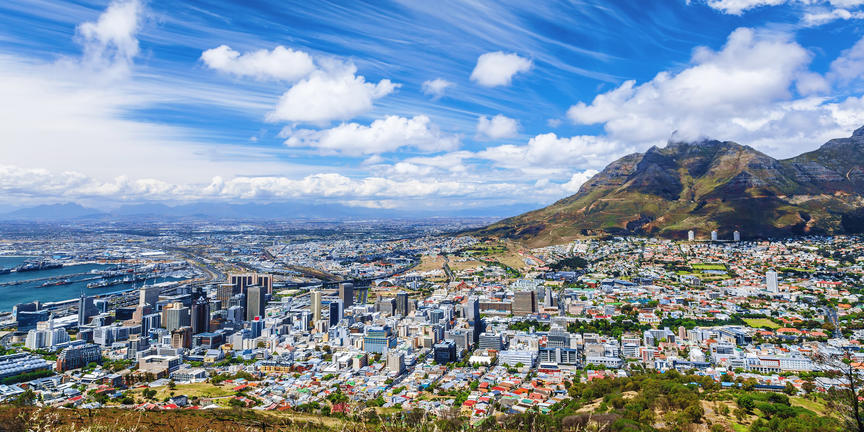
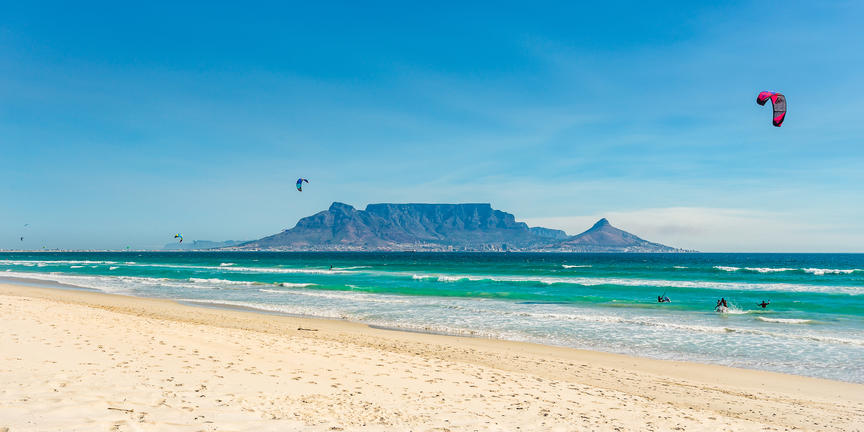
Situated just 140 kilometres from Cape Town and built between the beautiful shores of Walker Bay, Hermanus has grown from a small seaside resort town to become arguably the best-known place for whale watching in the world. This town is also famed for its natural scenic beauty, featuring long stretches of pristine beaches. An excellent variety of restaurants, cafes and bars are also on offer. Today, Hermanus is more than just a popular holiday destination and offers visitors all kinds of activities, both energetic and relaxing. Visitors can explore the Old Harbour Museum, which is comprised of the charming fisherman’s village, the old harbour, and the Whale House Museum; hike through the nearby Fernkloof Nature Reserve, and sample an array of top-quality wine along the famous Hermanus Wine Route.
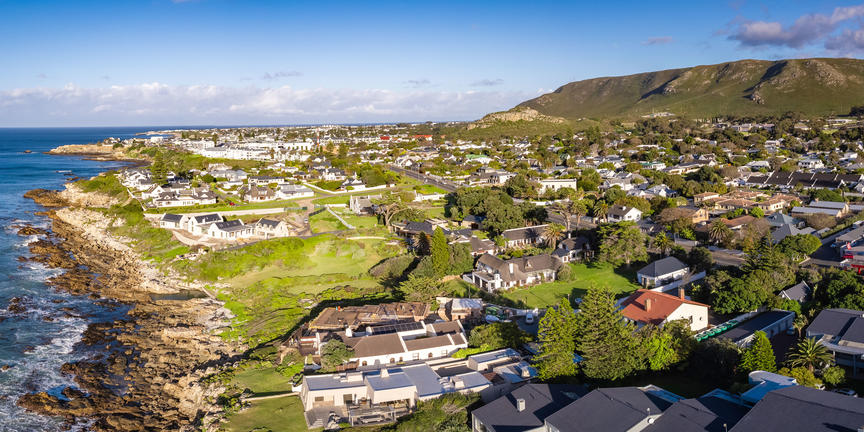
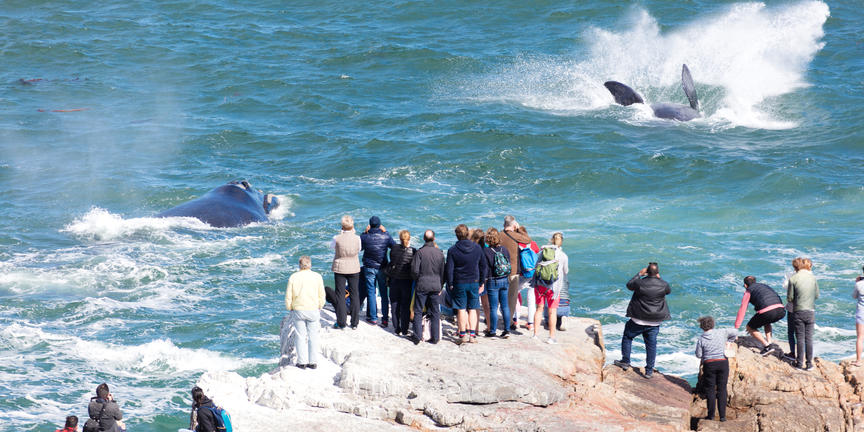
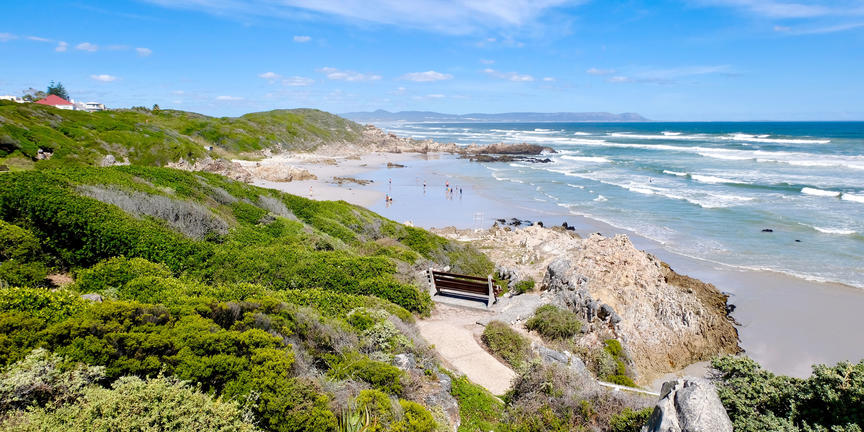
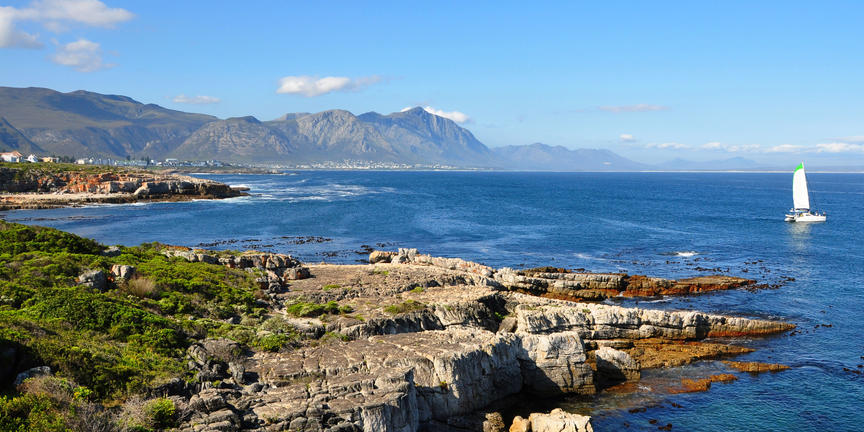
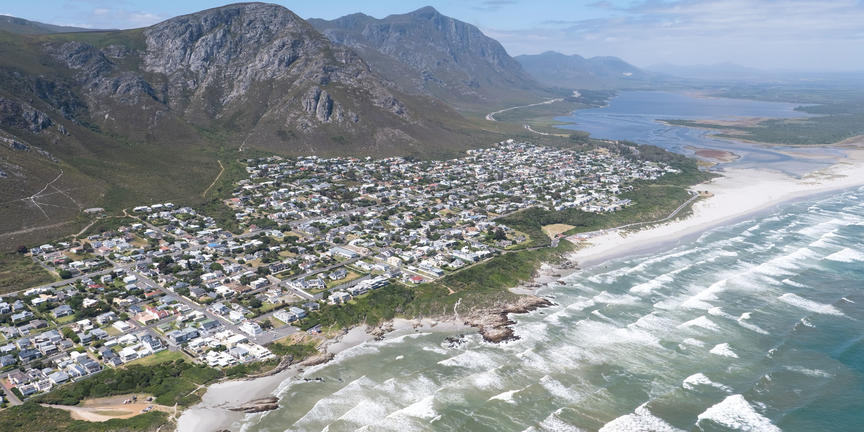
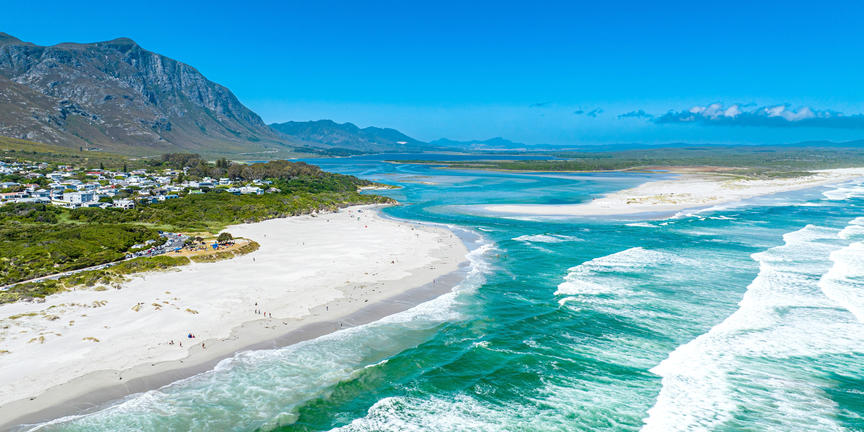
Set just over an hour from Cape Town, within the inspiring landscapes of the Cape Winelands, Franschhoek is a heritage town and a world-renowned food and wine destination. Travellers could choose to focus their visit on any one aspect alone - nature, cuisine or culture - and find plenty to keep them busy. The estates here attract wine experts from around the globe with their Shiraz, Cabernet Sauvignon, and Cap Classique sparkling wine (among others). Five-star restaurants alongside the cellars are surrounded by the same jaw-dropping valley scenes that have brought artists and writers to the area for centuries. A superb literary festival takes place around May every year, and, combined with the town’s Cape Dutch manor houses, fascinating museums, and charming boutiques, makes Franschhoek a wonderful place to visit in winter. Summer provides endless hiking, cycling and other outdoor opportunities among the lush farmlands and mountains.
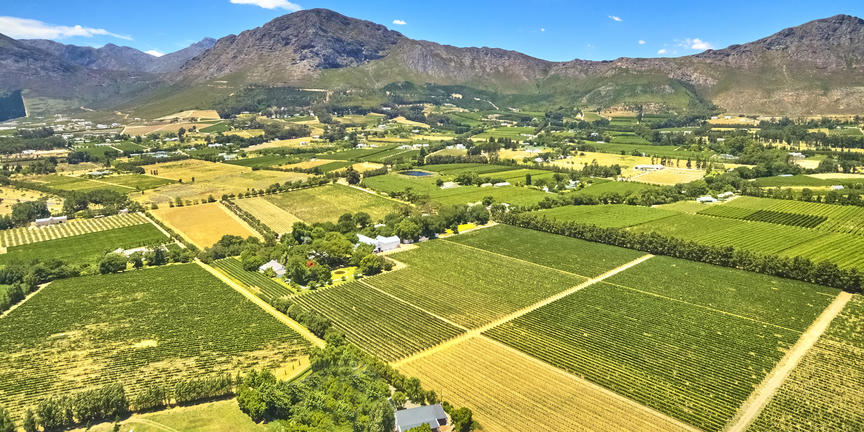
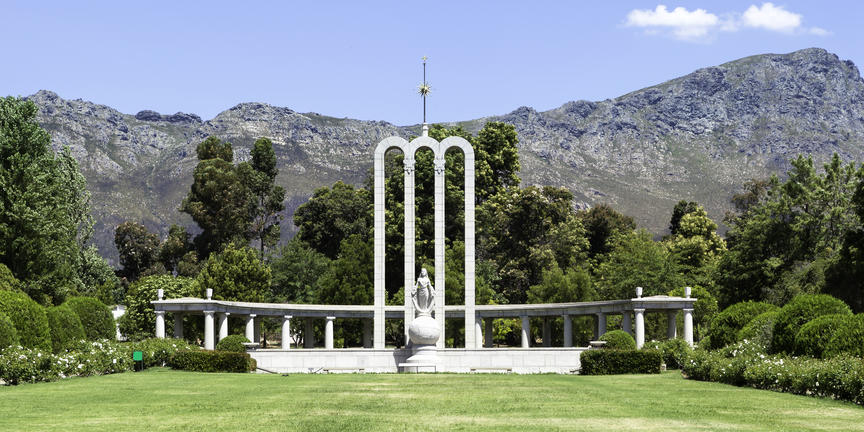
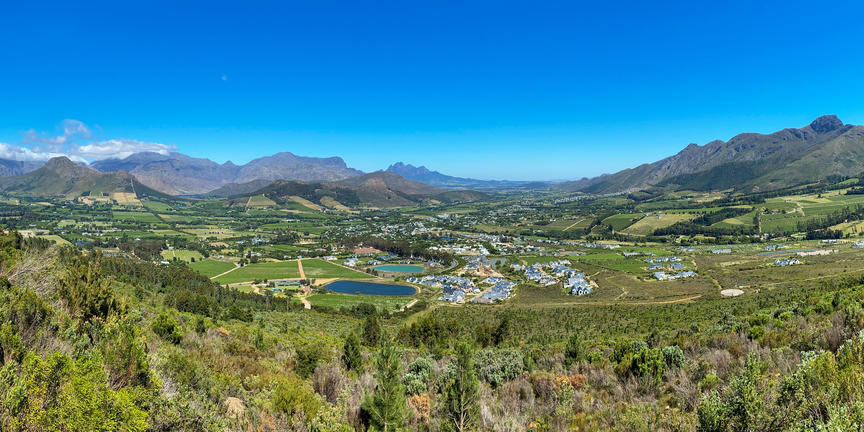
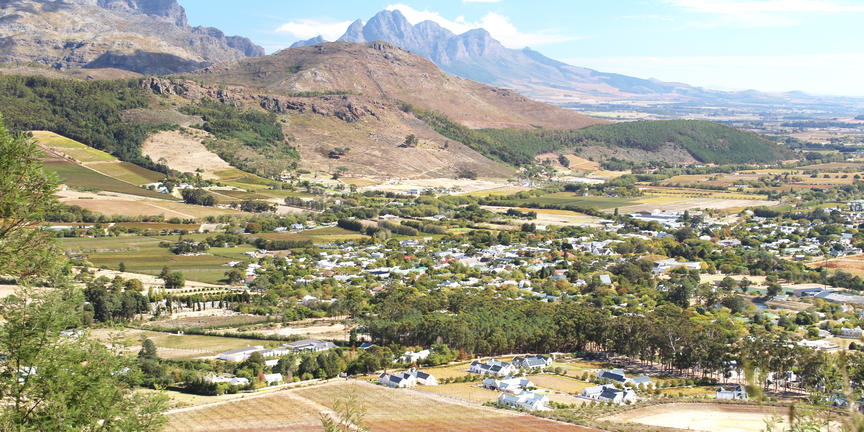
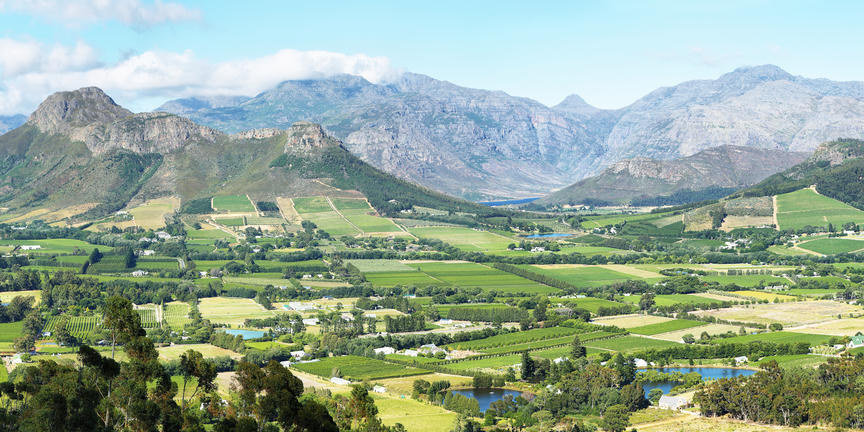
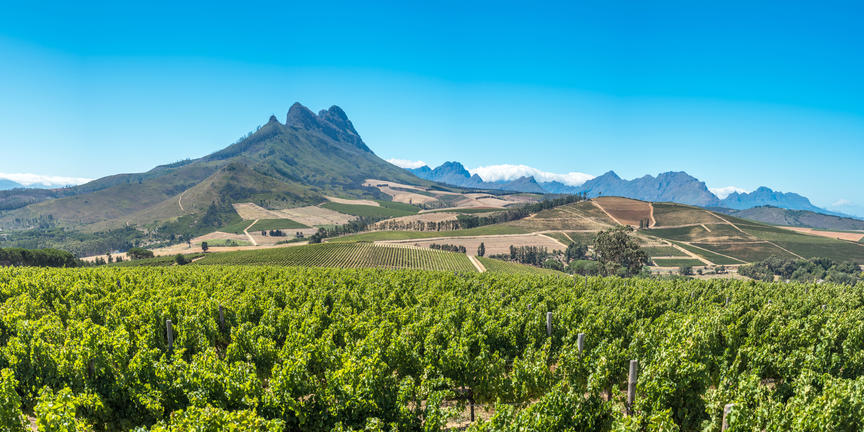
Located in the Mpumalanga Province, the Timbavati Private Nature Reserve shares a fenceless border with the world-renowned Kruger National Park. This magnificent 60 000 hectare reserve is best known for its two very rare white lions discovered here in the 1970s, which gave this destination its name. Meaning 'the place where something sacred came down to earth from the heavens', the park lives up to the hype with its enthralling African savannah, abundant wildlife, and friendly people. Visitors have the opportunity to see 40 mammal species, 360 bird species and the famous Big Five (lion, leopard, rhinoceros, elephant, and Cape buffalo). Enjoy a wide array of activities including daytime safaris, guided night game drives, bush walks, and excellent bird watching.
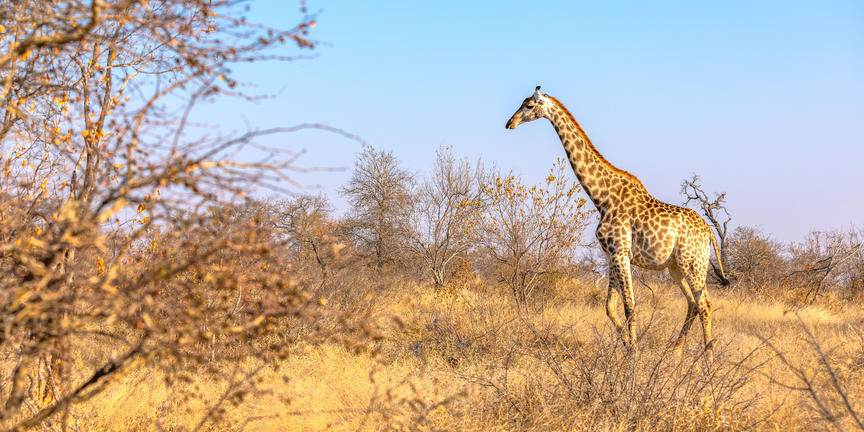
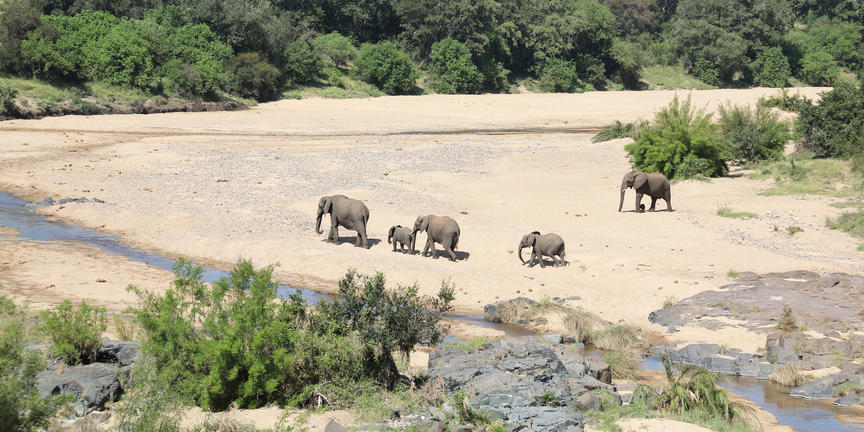
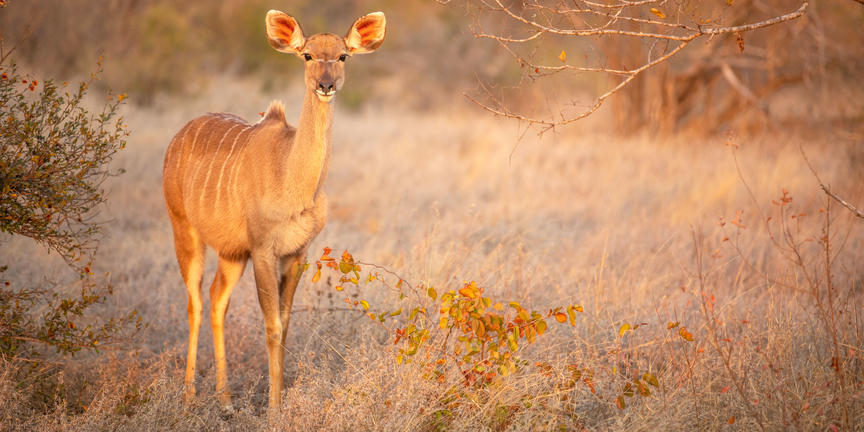
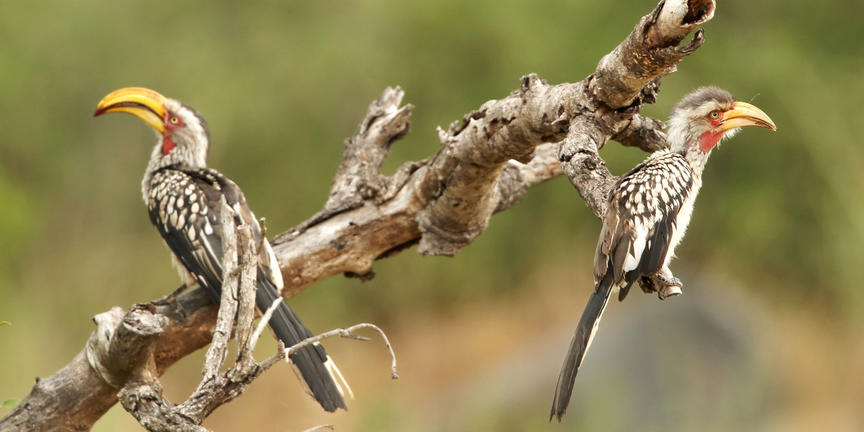
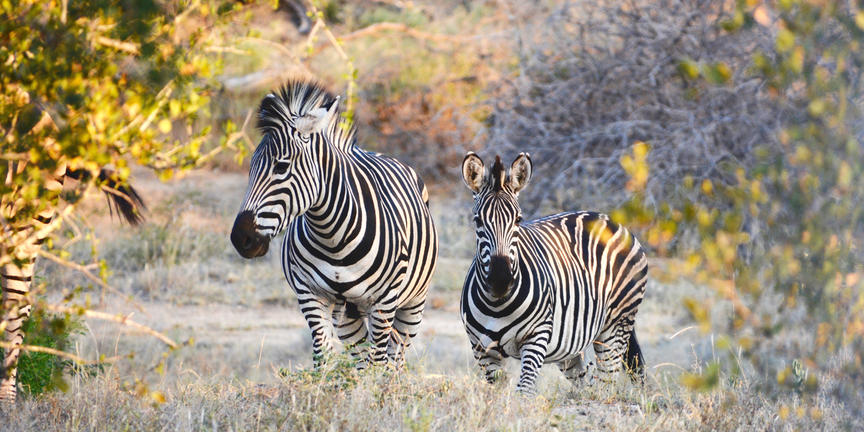
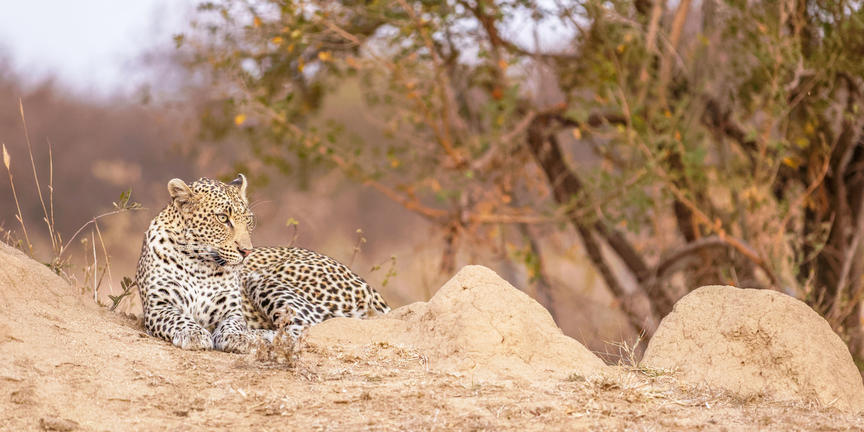
Mahe is the largest of the Seychelles islands and encompasses the country’s international airport as well as its capital, the surprisingly quiet and peaceful town of Victoria, home to roughly a third of the national population, as well as many good restaurants and entertainment venues. Mahe has a mountainous interior characterised by dense tropical forests and stony outcrops, while its coast is blessed with some 75-odd beautiful beaches. The best known of these is the idyllic, white-sand Beau Vallon, fringed by deep bays that offer excellent swimming, snorkelling and scuba diving.
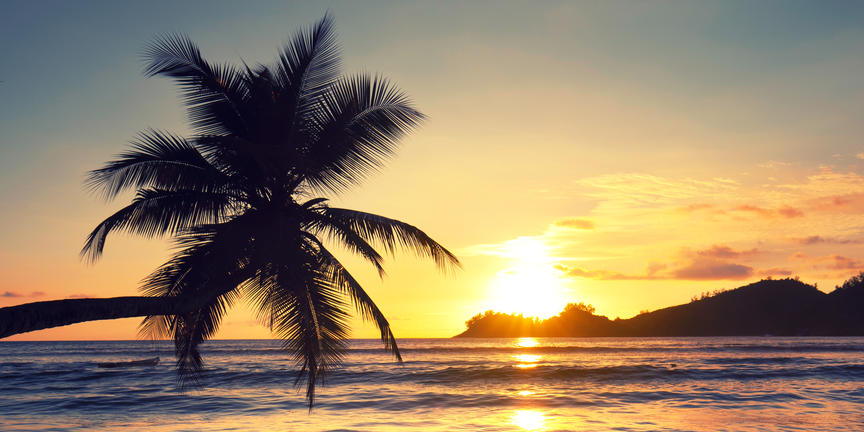

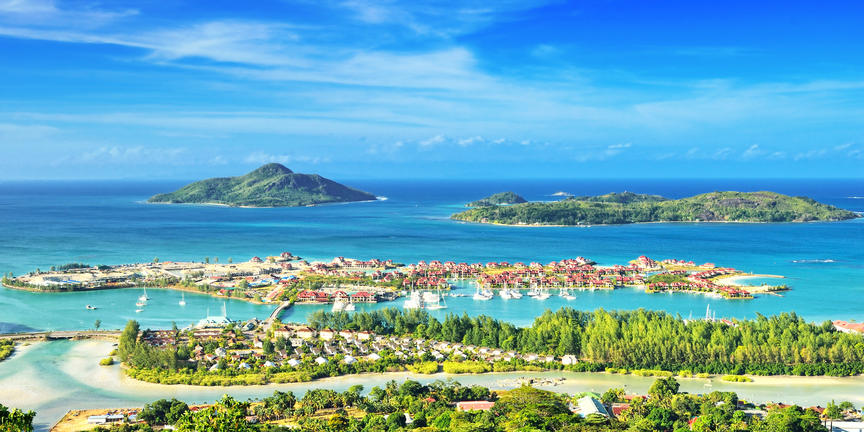
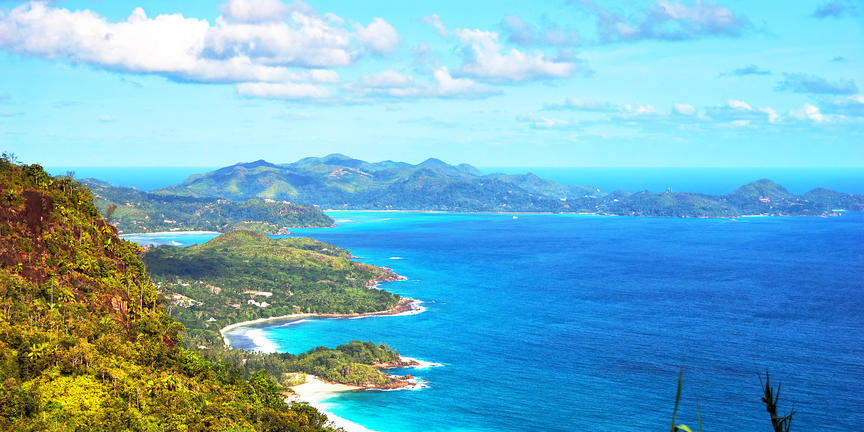
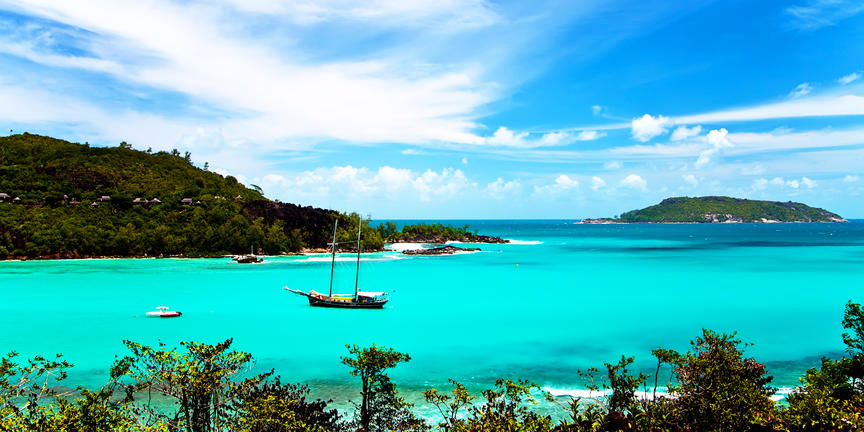
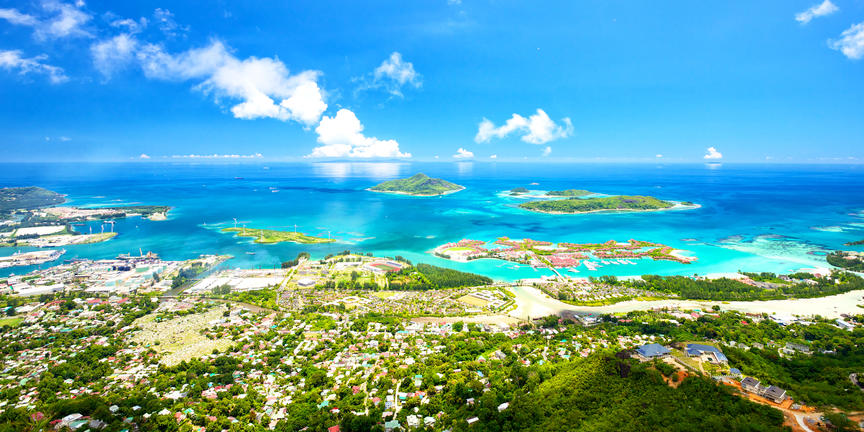
This picture-perfect island is part of the Seychelles Archipelago featuring ox-cart taxis, a verdant interior, calm aquamarine bays and stunningly beautiful beaches strewn with massive boulders; it is an utterly idyllic holiday destination. Historically, La Digue was settled by French colonists in the late 18th century, and remnants of its colonial past, such as the L'Union Estate with its traditional plantation house and vanilla fields, are still evident. La Digue has retained a charming old-world atmosphere and a strong Creole identity, with traditions and ceremonies still a focal point of the island’s culture. Major attractions include the gorgeous Anse Source d'Argent beach and the Veuve Nature Reserve, home to the elusive black paradise flycatcher, of which there are only a couple of hundred left on earth.
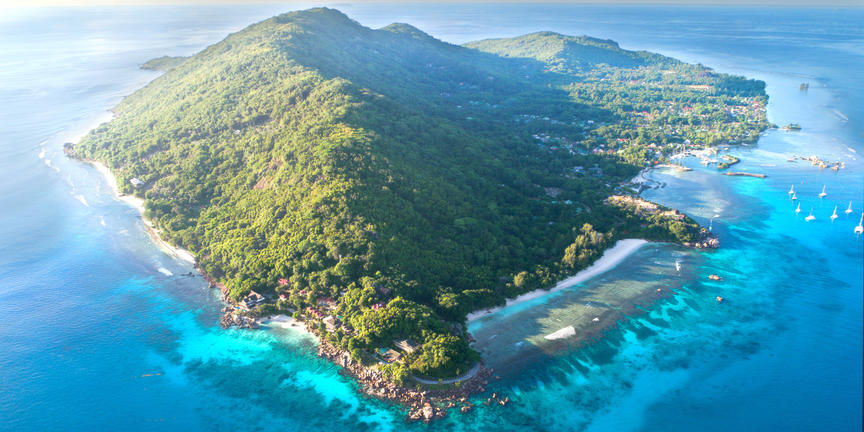
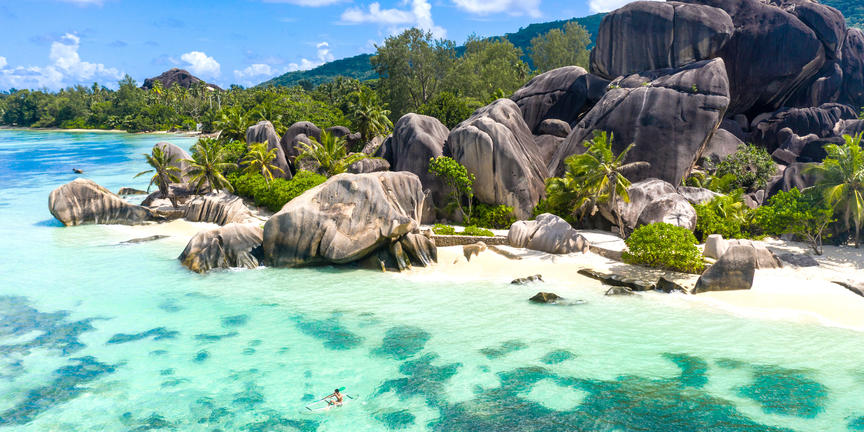
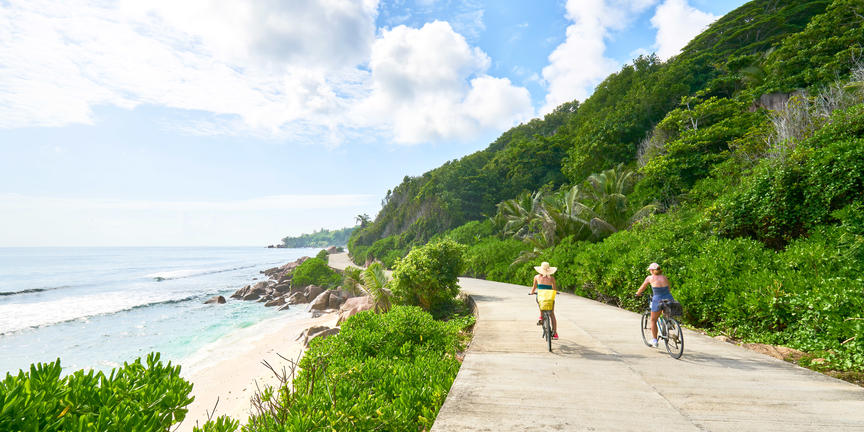
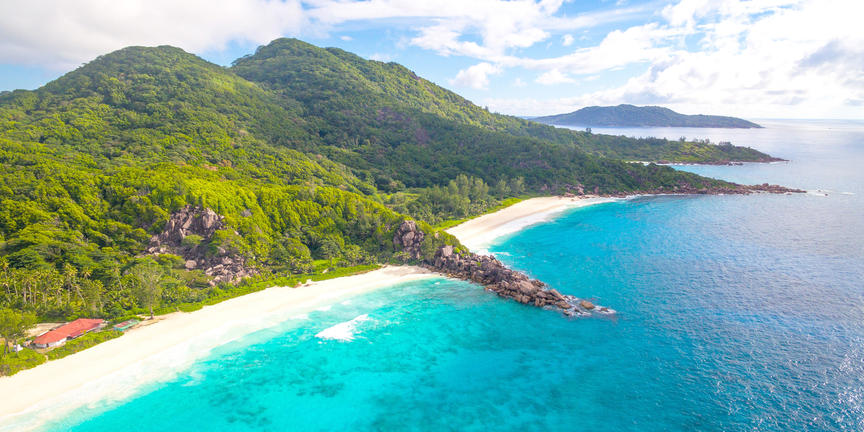
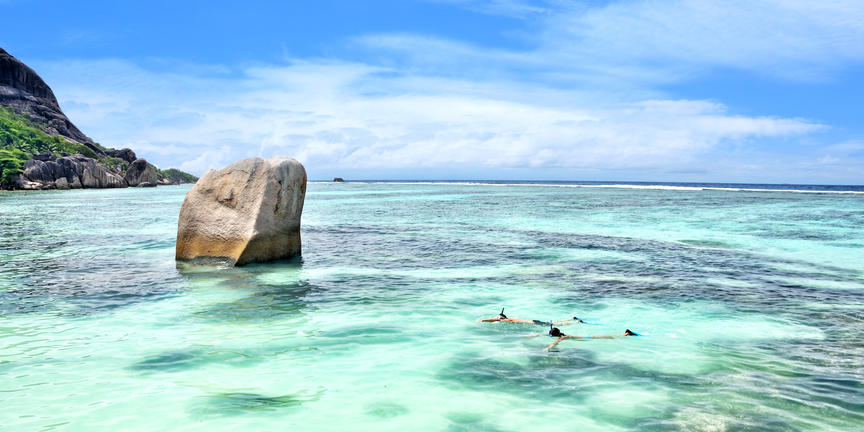

As previously described











